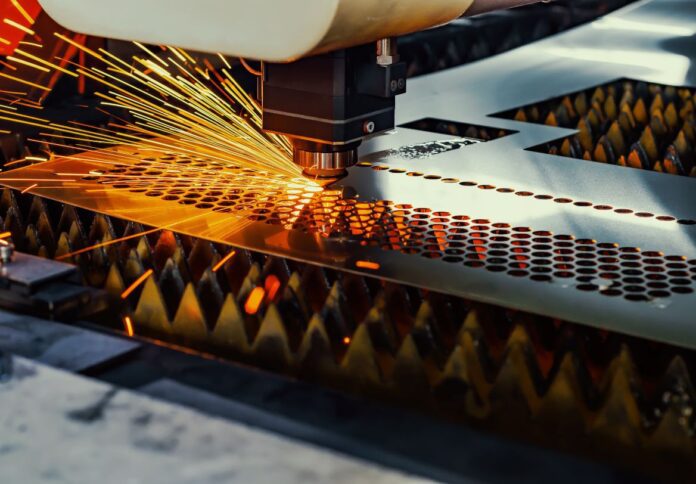
Downturns in Australia’s manufacturing industry persisted in November, resulting in the lowest reading in the eight-year history of Judo Bank’s Purchasing Manager’s Index (PMI) survey outside of lockdown periods.
The headline seasonally adjusted Judo Bank Australia Manufacturing PMI posted 47.7 in November, down from 48.2 in October.
“The PMI fell below 48 which is an index level broadly consistent with a soft landing for the manufacturing sector and the wider economy,” said Waren Hogan, chief economic advisor at Judo Bank.
The result signals the quickest drop in the sector since May 2020 and marks the ninth consecutive month of recorded deterioration in manufacturing sector conditions.
This comes after a sharper fall in new orders, which resulted in a decline in manufacturing output. Albeit, the pace of contraction eased from October and was moderate overall.
“The pick-up in the output index was one of the few bright spots across the survey’s activity indicators. New orders fell from already weak levels and at 43.7 is getting close to ‘recession’ levels. New orders are also at the lowest index level, outside of periods of lockdown since the survey commenced in 2016,” Hogan said.
Firms worked through their existing orders to support production, leading to backlogged work dropping at one of the fastest rates in the survey’s history.
A lack of pressure on capacity resulted in a marginal decline in employment levels for the first time in three years.
Meanwhile, purchasing activity slipped further at a marked rate as Australian manufacturers acquired inputs at the slowest pace since June, leading to reduced stocks and purchases.
November saw a softening in rates of input cost and selling price inflation to levels below their respective series averages.
Average input continued to rise amid high raw material and shipping costs in November, though the rate of increase fell to a two-month low.
Overall sentiment in the Australian manufacturing sector remained positive midway into the fourth quarter, but the level of business confidence slipped to the lowest since April 2020.
“There is strong evidence in the November survey that manufacturers capacity to pass on cost pressures has been compromised by the broader economic slowdown. This is pressuring profitability and business activity and will work to reinforce the slowdown in economic activity already underway,” said Hogan.
“For the RBA these results should be welcome news. The Judo Bank Manufacturing PMI confirms that the economy is responding to higher interest rates with weaker activity and easing inflation pressures.”




















